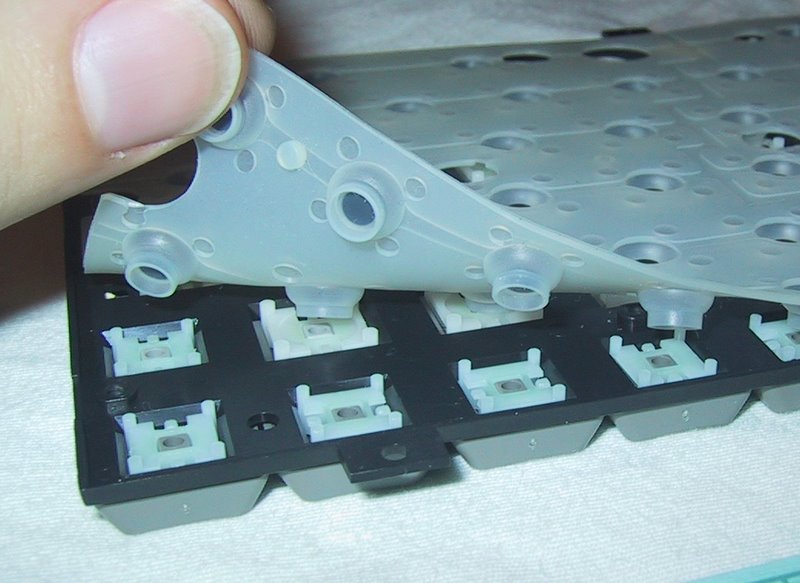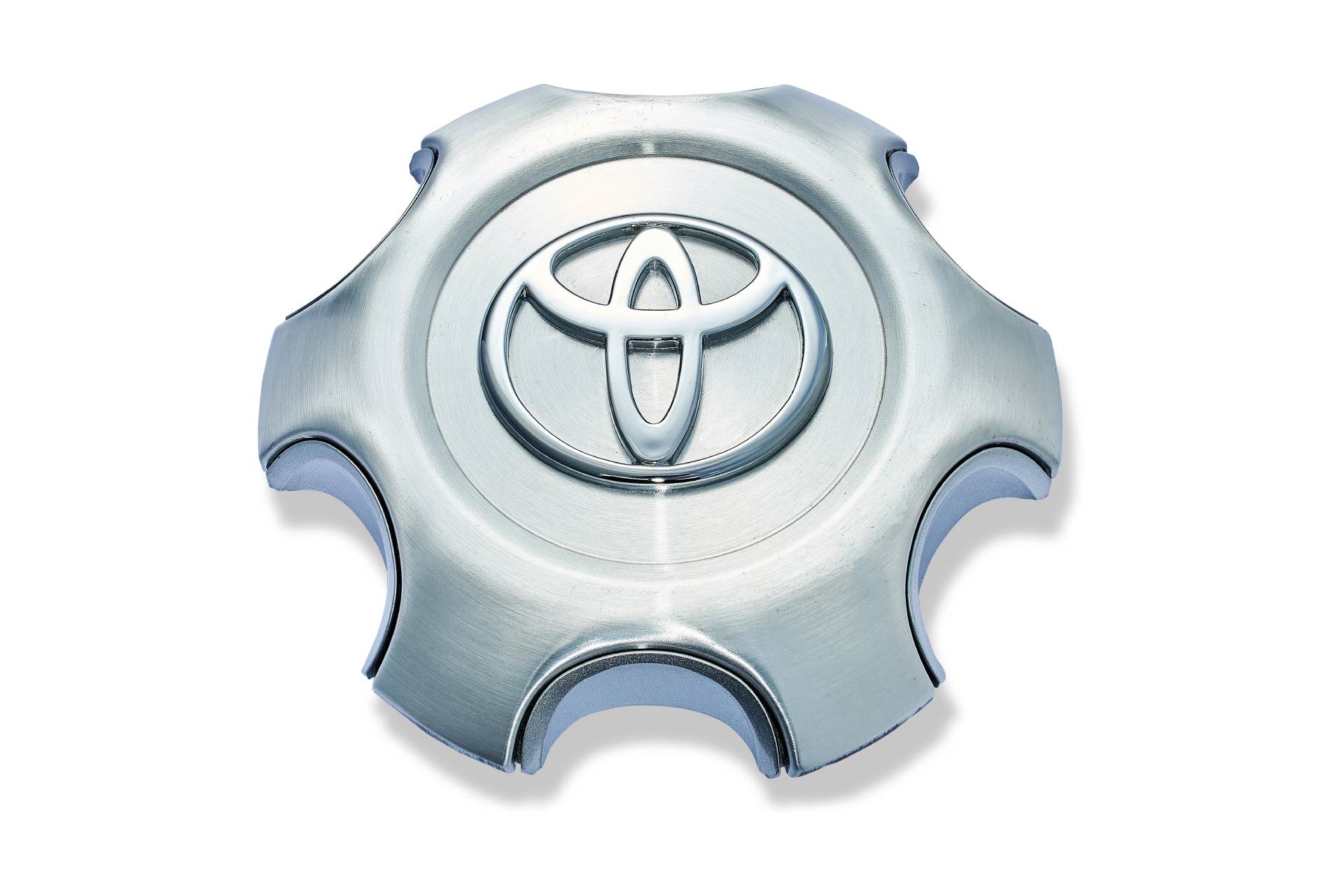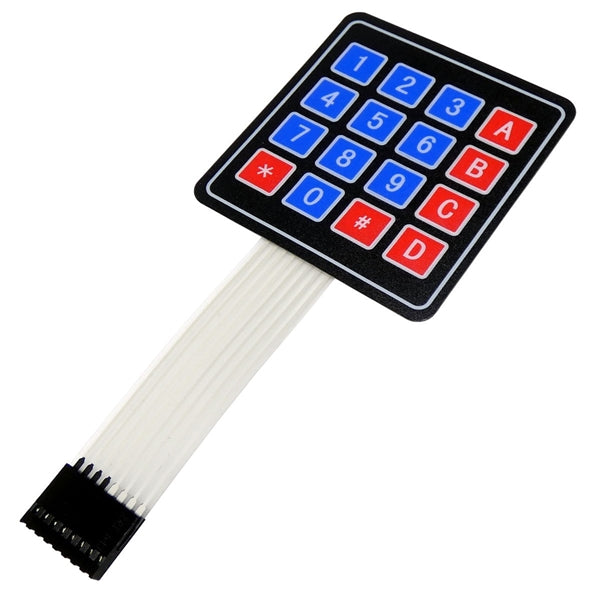Ensuring Quality and Longevity with Membrane Switches in Electronics
Ensuring Quality and Longevity with Membrane Switches in Electronics
Blog Article
Comprehending the Significance of Membrane Switches in User Interfaces
Membrane switches are essential parts in the layout of effective interface, facilitating not only capability yet additionally enhancing aesthetic allure and individual communication. Their distinct attributes, such as resistance to ecological variables and personalized layouts, make them ideal for a varied selection of applications throughout numerous industries. As we check out the future trends and different benefits related to Membrane modern technology, it ends up being clear that these switches are greater than simply components; they represent a convergence of development and usefulness. The implications of this technology on individual experience are worth analyzing additionally.
What Are Membrane Buttons?

The spacer layer, which has glue homes, enables the separation of the circuit layer from the overlay, guaranteeing that the switch continues to be in a non-activated state till pushed. When stress is used to the overlay, it compresses the spacer layer, linking the gap and finishing the circuit in the underlying layer. This design not just lowers the physical area required for standard mechanical buttons yet likewise improves the durability of the device, as Membrane buttons are usually resistant to dust, moisture, and various other ecological variables.
Commonly found in applications ranging from customer electronics to clinical gadgets, Membrane switches are essential to modern technology, providing a efficient and straightforward interface that straightens with modern design requirements.
Advantages of Membrane Buttons
While countless button modern technologies exist, Membrane Switches offer distinct advantages that make them particularly preferable in numerous applications. One of the main advantages of Membrane switches is their small design, which permits space-saving executions in gadgets where property is restricted. Their thin account not only improves aesthetic allure but additionally facilitates lightweight building.
One more substantial advantage is their resistance to environmental elements. Membrane buttons are typically sealed versus moisture, dirt, and pollutants, making them perfect for use in demanding settings, such as medical tools and commercial devices. This resilience extends the lifespan of the button, reducing upkeep prices and boosting reliability.
In addition, Membrane buttons can be customized to satisfy certain layout demands, integrating one-of-a-kind graphics and shades that enhance customer interaction. Their responsive feedback options can also be tailored to provide a rewarding user experience. In addition, Membrane buttons are cost-efficient, particularly in high-volume applications, as they can be produced successfully.
Applications in Various Industries

In the customer electronics field, Membrane buttons are prevalent in devices such as microwaves, washing makers, and remote controls. Their tactile comments and aesthetic alternatives improve user experience while supplying a streamlined, modern-day look. Additionally, vehicle manufacturers make use of Membrane switches in control panel controls and infotainment systems, where space is limited, and customer engagement is critical.
Moreover, the industrial industry leverages Membrane switches in control panels for equipment and equipment, permitting for intuitive operation in often severe atmospheres. Their resistance to chemicals and moisture guarantees longevity and dependability in these applications. Generally, the versatility of Membrane Switches adds substantially to their prevalent usage, making them important in numerous technical domains.
Layout Factors To Consider for Membrane Buttons

When creating Membrane switches, numerous vital factors to consider have to be taken into consideration to make certain ideal performance and user experience. The selection of products is crucial; selecting long lasting, high-grade substratums can improve the button's longevity and resistance to ecological factors such as wetness and temperature level variations.
Second of all, the design of the graphic overlay must prioritize quality and convenience of use. Symbols and message have to be readable, and the format should facilitate instinctive interaction (membrane switches). In addition, tactile feedback is click for info essential; integrating a tactile dome or various other mechanisms can boost the individual experience by supplying physical confirmation of activation
An additional vital variable is the button's electric performance. Designers should guarantee that the conductive traces are correctly designed to minimize resistance and stay clear of signal interference. This involves assessing the called for actuation pressure and guaranteeing compatibility with the digital components they will user interface with.

Future Trends in Membrane Modern Technology
As technology continues to advance, Membrane switches are poised to advance significantly, driven by developments in products and manufacturing strategies. One emerging fad is the incorporation of innovative products, such as versatile substrates and conductive inks, which improve longevity and decrease the total weight of Membrane buttons. These products not only enhance the responsive feedback however also enable for the style of switches that can withstand harsher ecological problems.
In addition, the combination of touch-sensitive technologies is changing traditional Membrane Switches into more interactive individual interfaces. Capacitive touch sensors embedded within Membrane switch panels can provide an extra responsive and user-friendly user experience, lining up with the expanding demand for streamlined, modern-day designs in customer electronic devices.
Furthermore, developments in printing techniques, such as electronic and 3D printing, make it possible for fast prototyping and personalization of Membrane switches. This adaptability enables producers to react faster to market needs and customer preferences.
Lastly, sustainability is becoming a considerable focus, with suppliers exploring environmentally friendly products and procedures. As these patterns unfold, the future of Membrane technology promises boosted performance, visual appeal, and environmental duty, strengthening their role in advanced interface across various sectors.
Verdict
In conclusion, Membrane Switches stand for an essential part in the style of individual interfaces, combining functionality with aesthetic versatility. As innovations in modern technology continue, the evolution of Membrane switches is expected to additional fine-tune user interfaces, driving advancement and improving functionality in a progressively complicated technical landscape.
Membrane buttons click for info are integral components in the layout of reliable user interfaces, assisting in not only capability however also enhancing aesthetic allure and individual interaction.Membrane Switches serve as an essential component in various individual interfaces, facilitating a seamless interaction between customers and digital devices.While various button innovations exist, Membrane Switches deal distinct advantages that make them particularly desirable in different content applications.In addition, Membrane switches can be tailored to meet particular style needs, including one-of-a-kind graphics and shades that enhance individual interaction.In final thought, Membrane Switches stand for an essential part in the layout of individual interfaces, integrating functionality with visual adaptability.
Report this page